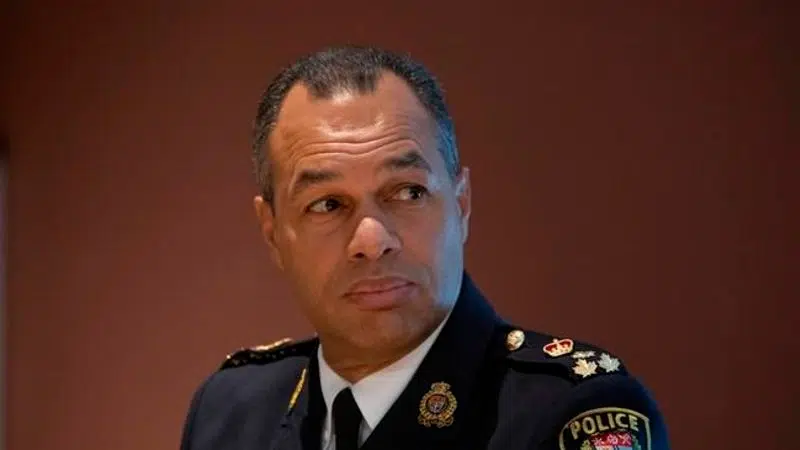
New Ottawa police chief vows vigilance on racial bias, discrimination
OTTAWA — New traffic-stop data and the results of a diversity audit show more steps are needed to ensure bias-free law enforcement in the nation’s capital, Ottawa police Chief Peter Sloly says.
Sloly, who became the city’s top cop late last month, told a news conference Wednesday the police force is committed to doing all it can to address community and member concerns about discrimination.
A new report examining more than 96,000 traffic stops by Ottawa police from 2015 to 2018, a follow-up to earlier research, shows Middle Eastern and black drivers continued to experience disproportionately high incidences of being pulled over.
There were significant reductions since 2013 in the incidences of Ottawa police traffic stops for two subgroups, Middle Eastern and black males aged 16 to 24.
